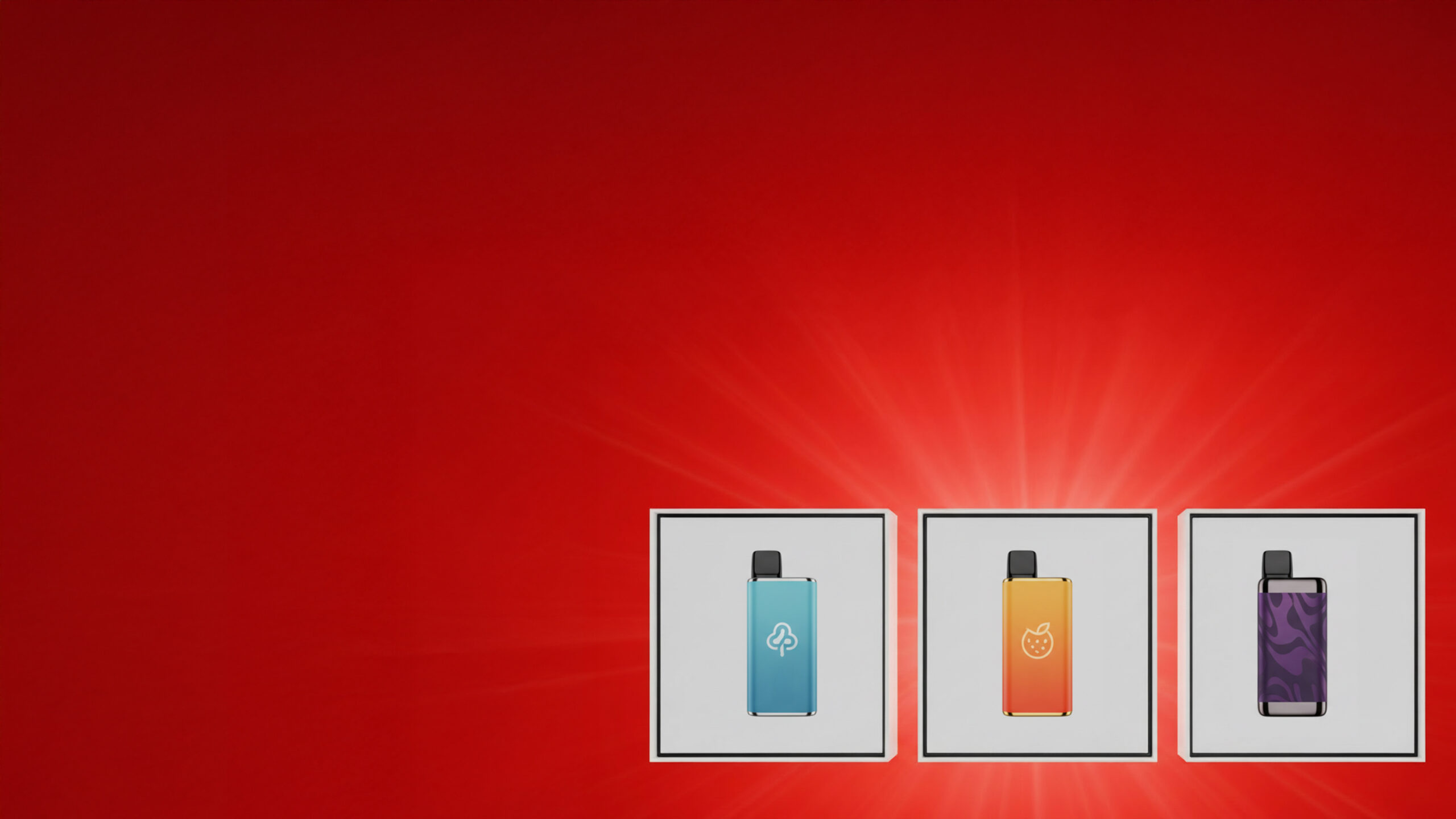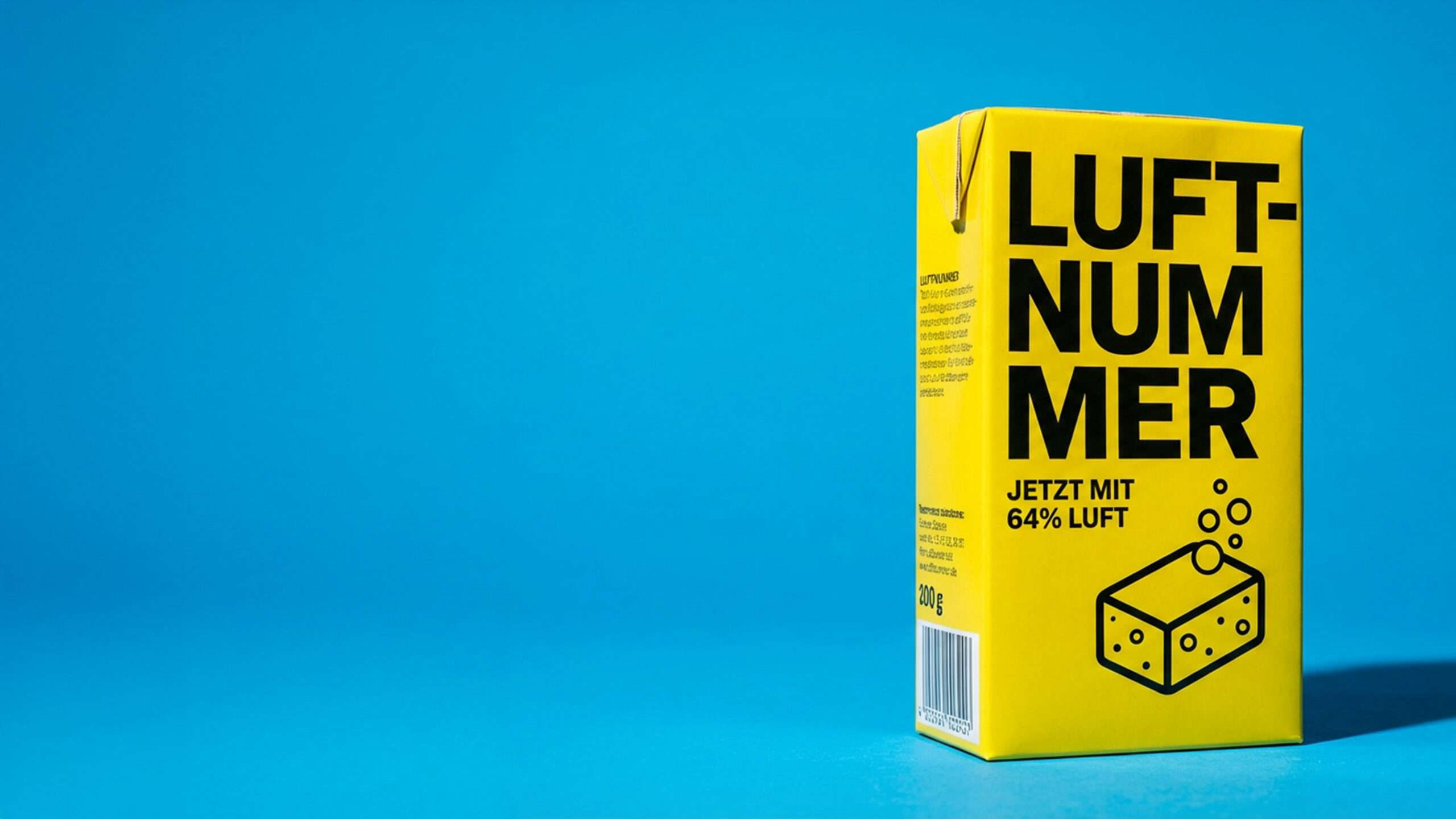
Competition
and
law.
Competition
and
law.
In competition law, non-compliance can lead to warnings and trouble: trust our experienced experts to avoid competition law disputes from the outset and successfully enforce or defend against claims
Lawyers for competition law
Competition law serves to protect fair and functioning competition on the market. As lawyers specializing in competition law, we support companies in complying with the law and taking action against unfair business practices. Competition law, also known as unfair competition law or advertising law, protects the market from misleading advertising, unlawful pricing and aggressive sales strategies.
Companies benefit from clear rules, while consumers are protected from deception and unfair practices. However, the multitude of legal requirements often makes it difficult for companies and entrepreneurs to act in a legally compliant manner. Without professional support, it is almost impossible to comply with all competition law requirements. It is often not only companies that deliberately behave in an anti-competitive manner that receive warnings, but also those that unknowingly violate the law.
Functioning competition promotes innovation, quality and efficiency. Competition law regulates the rules of fair competition between companies operating on the market and serves to protect competitors, consumers and other market participants.
When is competition law applicable?
For competition law to apply, there must be a commercial act. A commercial act is any behavior aimed at promoting one’s own sales or those of another company. This can take place before, during or after a business transaction – whether through advertising, contract negotiations or sales strategies.
Put simply, anything that a company does to promote sales or facilitate business transactions falls under competition law. Violations can result in warnings, injunctions or claims for damages.
Protection of competitors and consumers under competition law
Competition law protects companies and consumers from unfair actions. Anti-competitive infringements include
- Gezielte Behinderung oder Herabsetzung von Mitbewerbern, etwa durch unwahre Behauptungen oder unlautere Vergleichswerbung.
- Unlawful imitation of products – especially if this is associated with a deception of origin or exploitation of reputation.
- Misleading advertising – for example, false information on prices, discounts or product features.
- Aggressive sales methods that pressure consumers to make a purchase decision.
Competition law in the B2C sector is harmonized throughout Europe, so that the same rules apply to companies vis-à-vis consumers throughout the EU.
Typical infringements in competition law – when are warnings imminent?
Companies should take particular care to avoid anti-competitive behavior. Typical infringements are
- Withholding material information or failure to comply with information obligations
- Unauthorized use of quality marks or quality seals.
- Bait-and-switch offers if insufficient reference is made to the limitation of stockpiling.
- False information on the offer period to entice consumers to make quick purchases.
- Advertising disguised as information that deceives consumers.
Zudem sind Verstöße gegen eine Vielzahl von Vorschriften ebenfalls zugleich wettbewerbswidrig. Dies gilt z.B. für Verstöße gegen die Preisangabenverordnung (PAngV) und die Health-Claims-Verordnung (HVCO).
We are happy to
advise you on
Competition law!

Therapeutic products advertising law
The law on the advertising of therapeutic products supplements general competition law and specifically regulates the advertising of medicinal products, medical devices and other therapeutic products. In contrast to general competition law, which is primarily aimed at protecting the fairness of competition and market participants, therapeutic products advertising law focuses on the protection of consumer health. It contains particularly strict regulations to prevent misleading or exaggerated advertising claims in sensitive areas of the healthcare sector.
The central regulations include advertising restrictions for prescription-only medicines, a ban on advertising with healing promises and requirements for scientifically proven claims. The aim is to ensure that advertising in the healthcare sector is factual, transparent and responsible in order to protect consumers from misinformation and maintain trust in medical products.

Eligibility under competition law
Not everyone can enforce competition law claims, but only those who are legally entitled to do so. These are
- Mitbewerber
- Qualified trade associations, such as the Wettbewerbszentrale and Verband Sozialer Wettbewerb(list of all qualified trade associations)
- qualified consumer associations, such as the consumer advice centers and Deutsche Umwelthilfe(list of all qualified consumer associations)
- the chambers of industry and commerce, the organizations established under the Crafts Code and other professional bodies under public law in the performance of their duties
- Trade unions in the performance of their duties in representing independent professional interests
Cease and desist letters and law enforcement
Wettbewerbsrechtliche Ansprüche werden in der Regel zunächst durch eine wettbewerbsrechtliche Abmahnung geltend gemacht. Die Abmahnung enthält in der Regel eine Darstellung des Verstoßes und eine Aufforderung zur Unterlassung durch Abgabe einer Unterlassungserklärung. Daneben werden häufig Ansprüche auf Auskunft, Schadensersatz und Erstattung von Rechtsanwaltskosten geltend gemacht.
If competition law claims are not settled out of court, this is usually followed by legal proceedings. This can be either summary proceedings in the form of an interim injunction or a lawsuit.
Received a cease and desist letter?
How to react
You are best advised to
cease and desist letter!
A cease and desist letter, e.g. for infringement of competition law, industrial property rights or copyright, should always be taken seriously, as it can have considerable legal and financial consequences.
Timely and professional advice is crucial in order to minimize risks and develop the right strategy.
- Check cease and desist letter: Have the cease and desist letter legally checked. Not every cease and desist letter is justified, formally correct and abusive cease and desist letters are unlawful.
- Observe the deadline: Be sure to respond within the set deadline to avoid further legal action such as an injunction or a lawsuit.
- Check the cease-and-desist declaration: Do not sign a pre-formulated cease-and-desist declaration without legal advice. It could be too far-reaching and lead to considerable and lasting disadvantages. Once a cease-and-desist declaration has been signed, it is almost impossible to get rid of it and can result in considerable follow-up costs in the form of high contractual penalties.
- Strategy: Regardless of whether the cease and desist letter is justified or not, you should consider the right strategy for responding to the cease and desist letter with professional support. Many aspects play a role here. For example, there may be formal errors or the submission of a cease-and-desist declaration may involve incalculable risks.
Our expertise as lawyers in competition law
Competition law is an extremely complex area of law that is constantly evolving. This requires experience and knowledge of current case law and new legislation.
We have a team of highly specialized and experienced lawyers and specialist lawyers in the field of competition law. As experienced lawyers in competition law, we provide legal advice and representation to companies, self-employed persons and online traders. Our services include
- Avoidance of competition disputes by reviewing advertising measures
- Defense against unjustified warnings, temporary injunctions and legal action
- Durchsetzung wettbewerbsrechtlicher Ansprüche gegen Mitbewerber
- Advice on legally compliant advertising, price information and contractual clauses
We represent our clients in competition law before all German courts nationwide.
Our team
in competition law
Our team
in competition law
Significant laws in the
Competition law
Significant laws in the
Competition law

- Act against Unfair Competition (UWG)
- Law on Advertising in the Healthcare Sector (HWG)
- Act on Injunctions for Breaches of Consumer Rights and Other Infringements (UKlaG)
- Directive 2005/29/EC on Unfair Commercial Practices (UCP Directive)
- Directive (EU) 2019/2161 on better enforcement and modernization of consumer protection rules
- Directive (EU) 2024/825 on empowering consumers for the green transition through better protection against unfair practices and better information (applicable from 27.09.2026)
Frequent
Questions About the
Competition law.
Frequent
Questions About the
Competition law.
What is unfair advertising under competition law?
Unfair advertising occurs when advertising is misleading, harassing or aggressive and thereby impairs the freedom of choice of consumers or competitors. Examples include false price information, unidentified advertising or unsolicited telephone calls.
When does a company act unfairly in competition?
Conduct is unfair if it is contrary to accepted principles of morality in competition, e.g. if it is misleading, disparaging or harassing. Typical examples are the imitation of products or the targeted obstruction of a competitor.
What claims do competitors have in the event of an infringement of competition law?
Competitors can assert claims for injunctive relief, information, damages and removal, as well as claims for reimbursement of costs. They can also demand that misleading or untrue claims be withdrawn.
What role does consumer perception play in competition law?
The perception of the average informed, attentive and reasonable consumer is the yardstick for assessing misleading and unfair advertising towards consumers. The decisive factor is how advertising or information is understood by the consumer.
Is comparative advertising permitted?
Comparative advertising is permitted as long as it is not misleading, does not disparage or denigrate competitors and concerns objectively comparable characteristics. Examples are price or performance comparisons, as long as they remain factual.
What is misleading by omission?
Misleading by omission occurs when material information that is necessary for a consumer to make a decision is intentionally or negligently omitted. This applies in particular if the omission results in the consumer making an economic decision that they would not otherwise have made.
Examples include incomplete price information, missing information on availability or failure to comply with information obligations.
What are bait-and-switch offers?
Decoy offers are offers in which companies attract customers with conspicuously low prices or special conditions without actually being able to offer the advertised products in sufficient quantities or over a reasonable period of time.
A typical example is advertising a smartphone at a very low price, even though only a few devices are in stock and there are no plans to reorder. The aim of such offers is often to lure customers into the store and then redirect them to more expensive alternatives.
What are moon prices?
Moon prices are inflated prices quoted by companies in order to deceive customers. An unrealistically high price is presented as an “earlier” or “regular” price in order to make a discount or price reduction appear particularly attractive.
What is unfair imitation?
Unfair imitation occurs when an entrepreneur imitates a product or service of a competitor and this violates the principles of fair competition. It is unfair conduct if the product or service has a competitive character and one of the following three conditions is met:
Deception of origin: Counterfeiting leads consumers to believe that the product is the competitor’s original product. This can be achieved, for example, through an identical design or packaging of the product.
Unfair exploitation of the reputation: The imitator exploits the good reputation of the original, for example to market his own products more easily or to gain the trust of consumers.
Dishonest acquisition of knowledge: The knowledge or documents required for the counterfeiting were obtained dishonestly.
Are competitions permitted in advertising?
Competitions are permitted as long as the conditions of participation are clearly stated and no misleading statements are made. Conditions such as compulsory purchase can be problematic.










